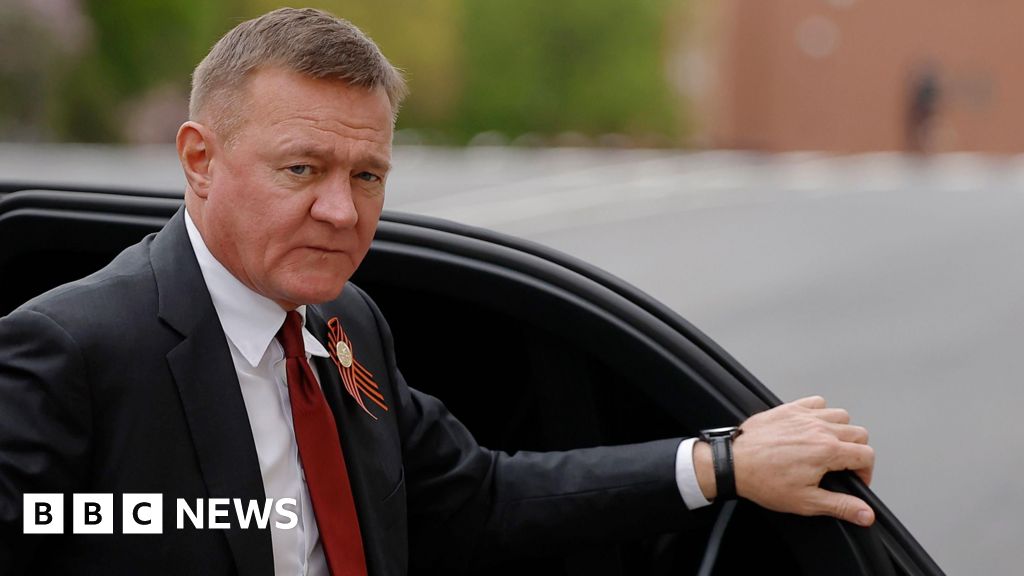ARTICLE AD BOX
European Commission President Ursula von der Leyen faces a rare no-confidence vote in the European Parliament this week
BRUSSELS -- The president of the European Union’s executive branch, Ursula von der Leyen, faces a no-confidence vote this week linked in part to text messages she exchanged with a pharmaceutical boss during the COVID-19 pandemic.
EU lawmakers will debate von der Leyen’s future at the European Parliament in Strasbourg, France, on Monday in the European Commission president’s presence, and vote on a censure motion on Thursday. The commission proposes EU laws and supervises whether those that enter force are respected.
No-confidence votes are rare in the European Parliament, and von der Leyen is expected to win comfortably, but the censure motion is another sign of discontent with the former German defense minister and her backers.
Supported by a small group of hard-right members of parliament, the motion contains a mix of allegations against von der Leyen including text messaging with the boss of vaccine maker Pfizer, misuse of EU funds and interference in elections in Germany and Romania.
“This is a list of backbenchers, (Russian President Vladimir) Putin’s friends. They’re anti-Ukrainian and anti-EU,” Daniel Köster, a spokesperson for the European People’s Party — the largest political group in the assembly — said on Friday.
The commission chief is a member of the EPP, which Köster said “will unanimously vote against this.”
Other groups are using the debate to criticize von der Leyen, They believe she is trying to bypass the parliament to act more quickly. The second biggest political group, the Socialists and Democrats, said the censure motion is a result “of the EPP’s irresponsibility and the double games.”
The threat of a parliamentary censure motion in 1999 forced the European Commission — led at the time by Jacques Santer from Luxembourg — to resign over fraud, mismanagement and nepotism allegations.

 3 hours ago
10
3 hours ago
10








 English (US) ·
English (US) ·